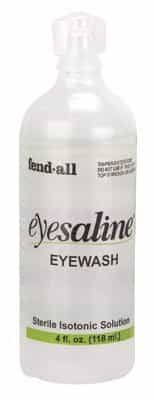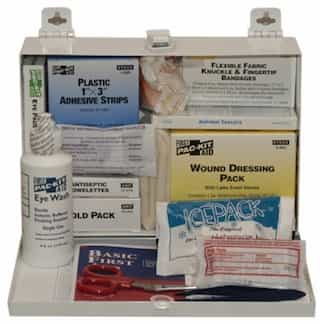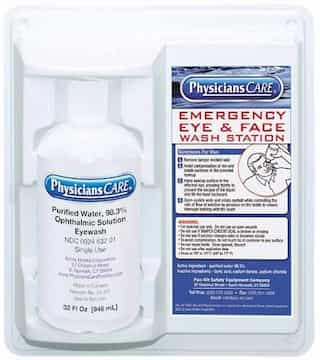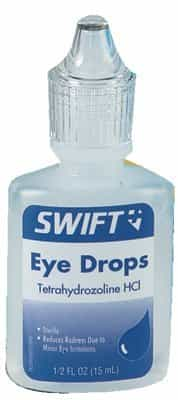Emergency Preparation 101
In wake of hurricane Harvey, we want to make sure you are prepared with an emergency kit and a well-stocked first aid kit. Whether you are seeking shelter from a natural disaster or a local power outage, there are basic needs that everyone will require. Emergency supplies should be kept in airtight, plastic bags placed in easy-to-carry containers.
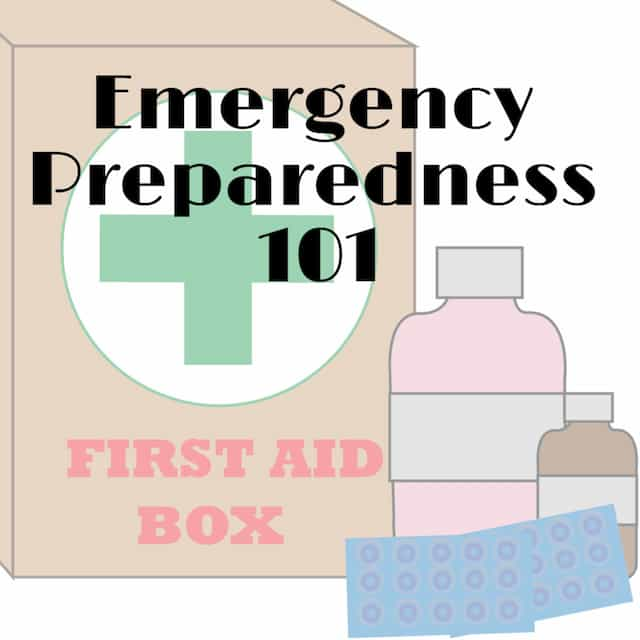
Remember to replace expired food as needed!
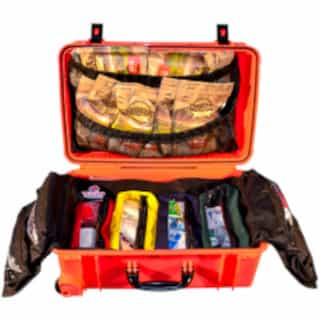
When making your emergency kit, you will want to consider any specific needs of your family. If you have pets or seniors in your home, make sure you have the needed supplies for those individuals. Every year it is useful to re-consider what needs your family may have and adjust your kits’ contents accordingly.
Prepare supplies to last at least 72 hours on your own!
The TWO most important items you will need are food and water.
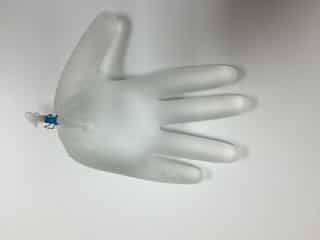
A rule of thumb for your water supply is to have one gallon per person, per day. If you have a family of four and a pet, you should be prepared to have 15 gallons of water ready. This may seem like a lot of water to keep for an emergency, but this water will be used for drinking as well as hygiene.

Your food should consist of non-perishable items. Canned food should be kept in a cool, dry place and boxed food should be kept in tightly closed plastic or metal containers.
Additional items to prepare will include:
- Battery-powered (or hand crank) radio
- NOAA National Weather Radio with tone alert
- Flashlight
- First Aid Kit
- Extra Batteries
- Whistle to signal for help
- Dust mask to filter polluted air
Create your own shelter with plastic sheeting and duct tape
The plastic sheeting should seal the room or area from possible pollutants. Air vents, door jams, and windows are possible hazard areas.
What Else Will I Need?
- Moist towelettes, garbage bags, and plastic ties for personal hygiene
- Wrench or pliers to turn off utilities
- Manual can opener for food
- Local maps
- Cell phone with chargers and a backup battery
These are basic survival items that you are likely to need in the event of an emergency. What about those items that you don’t normally think of? The things that will make your survival more likely and help after the threat has passed. These include:
- Medication – prescription and over-the-counter, such as anti-diarrhea, antacids, or laxatives
Items your First Aid Kit may also need:
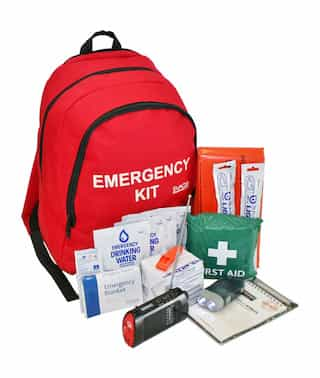
- Glasses and contact lens solution
- Cash or Traveler’s Checks
- Important family documents
- Copies of insurance policies, identification, and bank information
- Sleeping bag or warm blanket for each person
- Complete change of clothes and sturdy shoes– Keep in mind your climate!
- Household chlorine bleach and medicine dropper to disinfect water
- Fire extinguisher
- Waterproof matches
- Feminine supplies and personal hygiene items
- Mess kits/dishes and utensils
- Activities for children
The American Red Cross is constantly offering help around the country to either provide emergency assistance or prepare for such events by receiving blood donations.
To help victims of Harvey, American Red Cross is accepting donations online or via text. The Salvation Army, Catholic Charities USA, and many other charities and hospitals have started relief funds that will work to save those in need in Texas and help the area recover after the waters recede.
Recommended Products
Receive special deals and more, right to your inbox


